Neal Shusterman is the New York Times bestselling author of more than thirty award-winning books for children, teens, and adults, including Dry, Roxy, the Unwind dystology, the Skinjacker trilogy, Downsiders, and Challenger Deep, which won the National Book Award. Scythe, the first book in his series, Arc of a Scythe, is a Michael L. Printz Honor Book. Neal has earned the respect and recognition of the library community; three of his books have been ALA Best Books for Young Adults and all of his books have been consistently well-reviewed. He’s a popular speaker on the IRA/NCTE circuit, and at schools all over the country. He also writes screenplays for motion pictures and television shows. Neal is the father of four, all of whom are talented writers and artists themselves. Visit Neal at Facebook.com/NealShusterman.
I had the opportunity to interview Neal, which you can read below.
First of all, welcome to Geeks OUT! Could you tell us a little about yourself?
I’m an author of thought-provoking stories that, while published as young-adult, are intended for adults readers as well. Stories for the teen that is still in all of us! I was born in New York, lived in Mexico City during High School, and spent most of my adult life in Southern California—but now live in Jacksonville, Florida. But don’t call me “Florida Man”!
What can you tell us about your latest book, Gleanings? What was the inspiration for this story?
Gleanings is a collection of stories and novellas within the world of Scythe. Fans have been clamoring for more, and I didn’t want to disappoint them. When I had written UnBound, which is a collection of stories from the world of Unwind, I found a series of side-tales to be a satisfying way to wrap up that world. I felt this would be a good way to complete the Scythe world, too.
Are there any queer elements in the book we can expect?
Yes – there’s a story about Citra’s younger brother, Ben, who after her (temporary) death, and before she’s found, is chosen to replace her by Scythe Constantine. Ben’s queer, and part of the tale is a love story between him, and another boy he falls in love with. Little does he know that the entire thing is being orchestrated by the sycthedom for a nefarious purpose … There’s also another story that is a bit subversively queer. The two main characters, Alex and Dayne are never identified by gender, and there are no identifying pronouns, so they are entirely gender-neutral. They can be whatever gender the reader wants them to be!
What drew you to storytelling, and what drew you to young adult and speculative fiction specifically?
I’ve always found speculative fiction to be a powerful arena for telling stories of human truth in a larger-than-life setting. It challenges your imagination, your preconceived notions, and hopefully lingers long after you’ve read the last page. As for what got me into writing young adult, that happened when I was a teenager myself. I used to spend my summers working as a counselor at a summer camp and got to be known as the camp storyteller. Then, during the school year, while I was at college, I would write those stories into books. The first two didn’t sell, but the third, The Shadow Club, did, and that’s what got me started in YA.
How would you describe your writing process? What are some of your favorite/most challenging parts for you?
My process is a series of fits and starts. Smooth sailing, punctuated by dry spells, and a lot of figurative head-banging to shake those thoughts loose! I write longhand because I love the connection between mind, hand, and page. Plus, it adds a critical extra step, allowing me to do a complete rewrite when I enter it into the computer. My favorite parts are the emotional moments and the twists that the characters and the readers (and sometimes even I) don’t see coming. The most challenging part is what I call the “connective tissue.” All those bits of the story between all the juicy parts. The sections where not much is happening, but are critical in terms of holding the story together.
As a writer, who or what would you say are some of your greatest creative influences and/or sources of inspiration?
My greatest influences would be the authors I loved growing up, from Roald Dahl, to Tolkien, to Douglas Adams, to Kurt Vonnegut. My greatest inspiration comes from the world and the troubles that we all face. I tend to be drawn to hard questions about life and society that don’t have easy answers. I want to find new and interesting ways of posing those hard questions.
One of your books you are most known for, Challenger Deep, addresses the topic of mental health. In previous conversations, you’ve related the idea of a rearview mirror to address perspective, the idea of knowing “something [was] wrong,” when it comes to diagnosis. Would you mind elaborating on this?
Ah! That refers to a very specific real-life instance. Many times, when you’re trying to relate something that many people have never experienced, it’s helpful to find something more accessible. While I was working on Challenger Deep, something interesting happened. I was driving, and getting increasingly anxious. I felt I was losing my ability to drive, my ability to focus, and I had no idea what was wrong. I pulled over to the side of the road, trying to grapple with this sudden sense of anxiety, and noticed something on the floor on the passenger side of the car. The rearview mirror. It had fallen off before I had gotten into the car, and I hadn’t noticed. All I knew was that something was very wrong, and I couldn’t figure out what it was. I realized that was a good way to relate that terrifying sense of “wrongness” with one’s own mind that someone struggling with mental illness experiences.
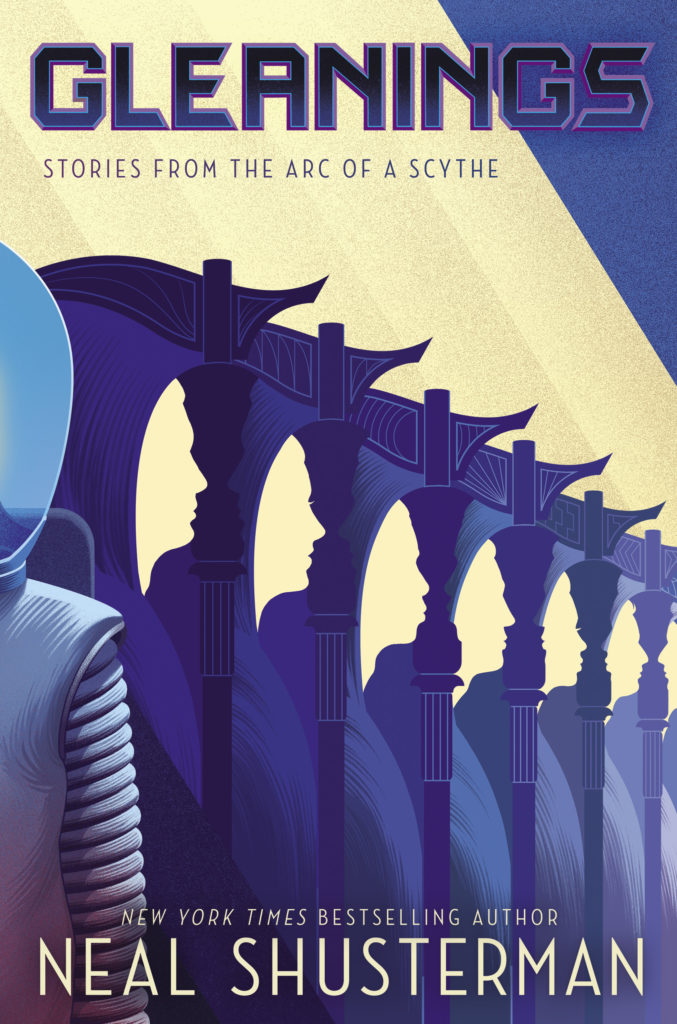
Aside from your work as a writer, what would you want readers to know about you?
That I love to swim. I try to swim about a mile three or four times a week. That I love to travel – and in fact, I’m sitting in a pub in Edinburgh, Scotland as I’m writing this, looking out on a rainy Monday afternoon. Being in new and interesting places sparks my creativity, and I get most of my writing done when traveling – which made writing very hard during lockdown when I couldn’t travel. I have four children – my youngest just graduated from college. All are consummate world travelers as well!
What’s a question you haven’t been asked yet but wish you were asked (as well as the answer to that question)?
“Would you please write and direct the feature film of your book? Because we, as a studio, can’t get our act together and haven’t been able to make it happen. Please, Neal. We trust your instincts. We wouldn’t dream of giving you endless sets of ridiculous notes. So please, please, could you make the movie? Money is no object.” That’s the question I’d really like to be asked.
What advice would you give to other aspiring writers?
Write (as opposed to just talking about wanting to write). Rewrite (because nothing’s ever done the first time you write it, and you should never expect it to be). Read (and don’t just read a single genre – read outside of your comfort zone). And persevere (because you probably won’t get your first book, or even your second book published – and that’s not a bad thing. Developing your skill as a writer takes time, and those first projects are crucial stepping stones. Sometimes the worst thing that could happen is for your first book to be published, because it sets you up for thinking that you’ve arrived. You haven’t. You never arrive. You’re always growing, and that needs to be part of your ethos as a writer.)
Finally, what books/authors would you recommend to the readers of Geeks OUT?
I had the honor of being a judge for the 2020 National Book Awards in the Literature for Young People category. I’m really proud of the books we chose – particularly the long list – because every single book on that list deserved to be on the shortlist, but we had to narrow it down anyway! Two of the books are by trans authors, and several of the other ones have queer elements as well. Some of those books have done really well, but others have not gotten the attention they deserve from the marketplace, so I try to bring them attention whenever I can! Those books are:
Kacen Callender, King and the Dragonflies
Traci Chee, We Are Not Free
Evette Dionne, Lifting as We Climb: Black Women’s Battle for the Ballot Box
Eric Gansworth, Apple (Skin to the Core)
Candice Iloh, Every Body Looking
Victoria Jamieson and Omar Mohamed, When Stars Are Scattered
Marcella Pixley, Trowbridge Road
John Rocco, How We Got to the Moon
Gavriel Savit, The Way Back
Aiden Thomas, Cemetery Boys
PS – the other judges and I loved talking books so much that we’ve been in a book club together ever since!
Header Photo Credit Gabby Gerster

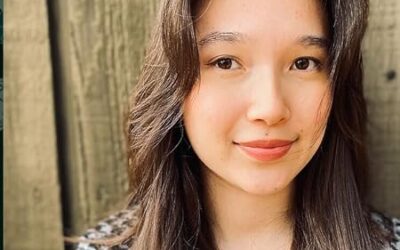
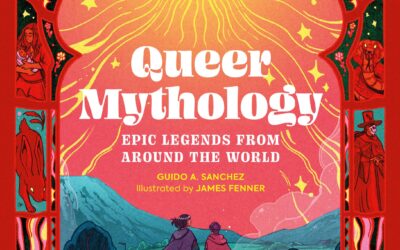
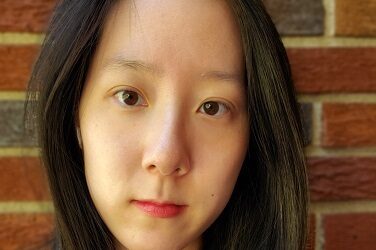
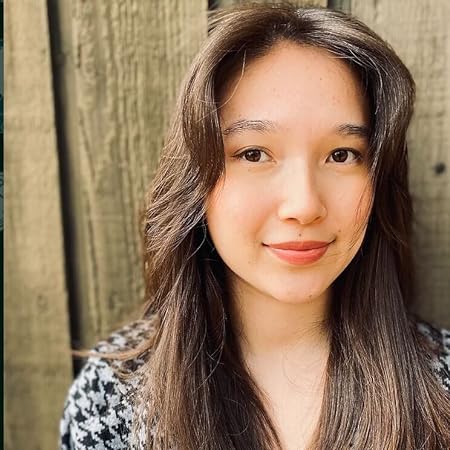
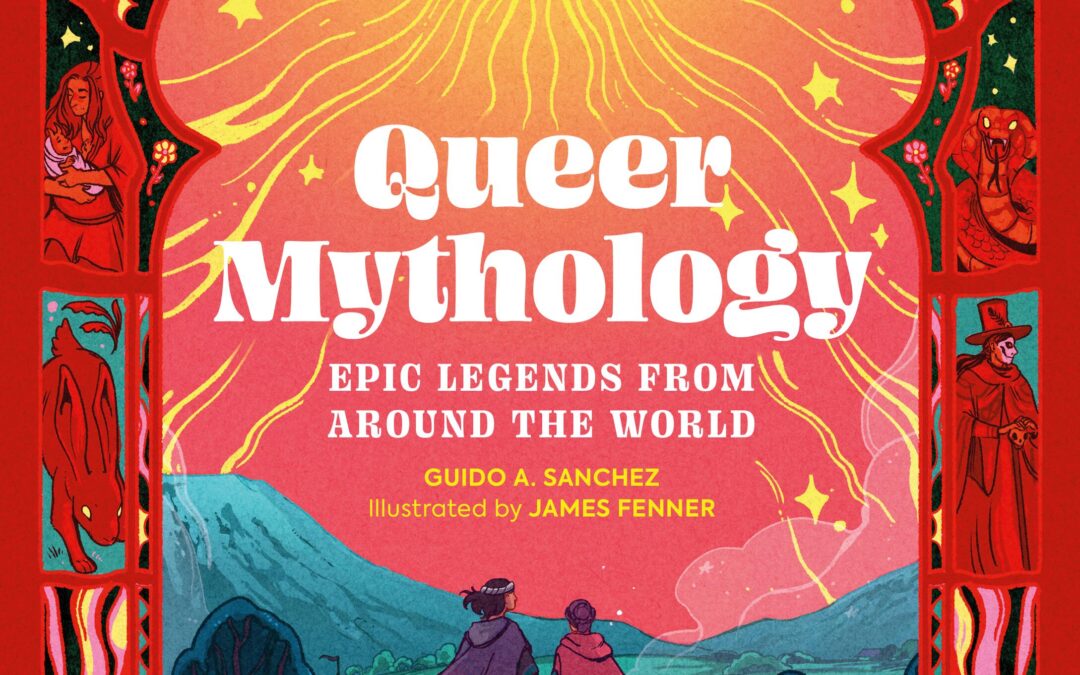
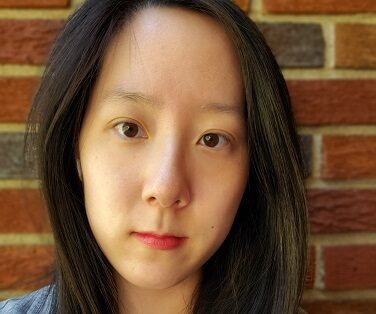
0 Comments